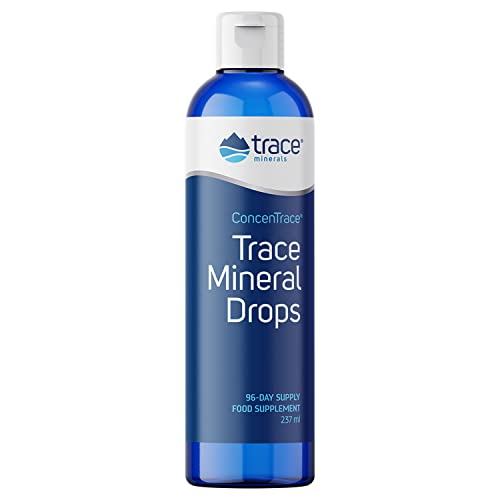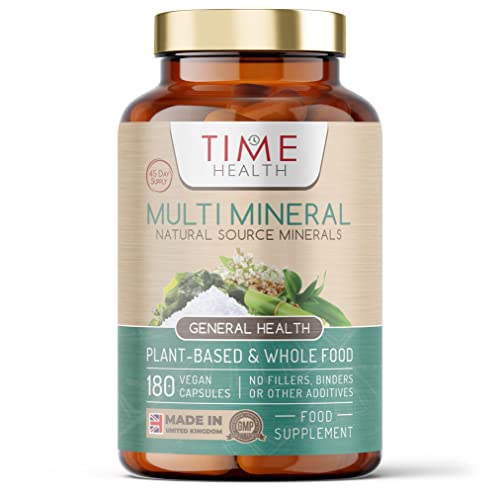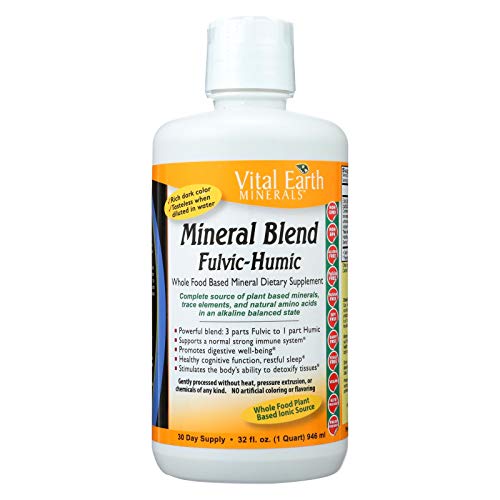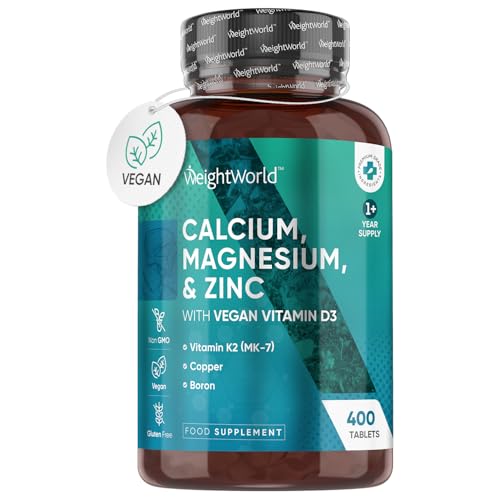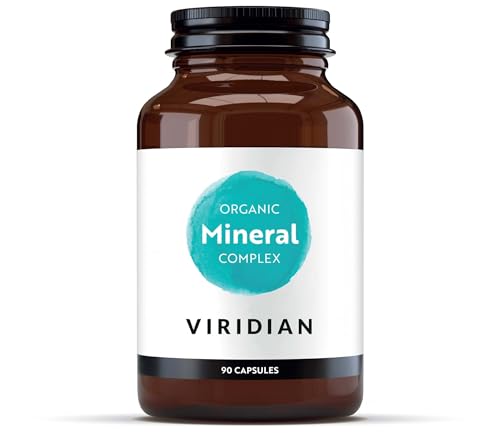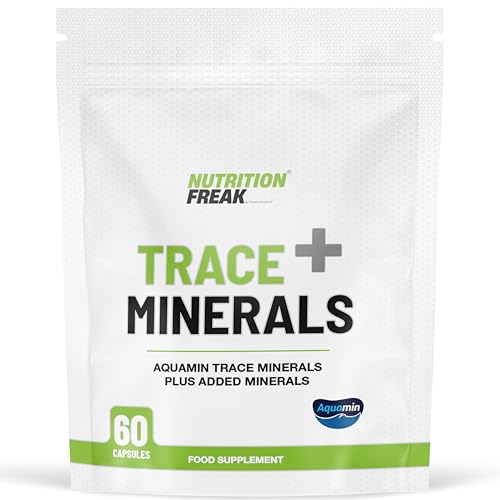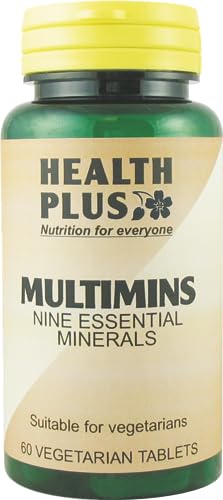What are Mineral Supplements and Why Might We Need Them?
Understanding Mineral Supplements
Mineral supplements are products designed to provide essential minerals that our body requires for optimal functioning. These minerals, such as calcium, magnesium, and zinc, play vital roles in processes like bone health, immune function, and energy production. In our busy lives, it can sometimes be challenging to get enough of these minerals solely through our diet, especially if we have specific dietary restrictions or lifestyle choices that limit certain food groups.
Reasons for Nutritional Gaps
Several factors can lead to mineral deficiencies. For instance, a fast-paced lifestyle may result in skipping meals or relying on processed foods, which can lack vital nutrients. Additionally, some people may have increased nutritional needs due to health conditions, pregnancy, or intense physical activity. In such cases, mineral supplements can serve as a convenient way to bridge the gap and ensure we maintain a balanced intake of these critical nutrients.
Types of Mineral Supplements: A Simple Breakdown
Diverse Options Available
Mineral supplements come in various forms, including tablets, capsules, powders, and liquids. Each form has its own set of benefits, so it’s essential to consider what works best for our lifestyle. For example, tablets are easy to store and carry, while powders can be mixed with drinks for a more versatile intake option.
Commonly Used Mineral Supplements
Some of the most popular mineral supplements include calcium for bone health, magnesium to support muscle function, iron for blood health, and zinc for immune system support. It’s worth noting that some supplements combine multiple minerals, which can be beneficial for those looking to simplify their consumption.
How to Choose the Right Mineral Supplement for You
Identifying Your Needs
Choosing the right mineral supplement starts with understanding our individual needs. Consulting with a healthcare professional can help us identify any deficiencies through blood tests or dietary assessments. Based on the results, we can select a supplement that targets our specific requirements, ensuring that we’re not taking more than necessary.
Reading Labels and Ingredients
When selecting a supplement, it’s crucial to read labels carefully. Look for the mineral types and their dosages to ensure they align with our nutritional needs. We should also check for any additives or fillers that might not be beneficial. High-quality supplements generally have fewer unnecessary ingredients and provide clear information on the mineral content.
Tips for Safe and Effective Use of Mineral Supplements
Dosage and Timing Matters
Taking mineral supplements as recommended is essential. Overconsumption can lead to adverse effects, so it’s important to adhere to the dosages outlined on the packaging or as directed by a healthcare provider. Some minerals are better absorbed when taken with food, while others might be more effective in the absence of food. Understanding these nuances can enhance the effectiveness of our supplements.
Monitoring for Side Effects
While mineral supplements can be beneficial, it’s vital to monitor how our body reacts after starting a new supplement. If we experience any side effects such as stomach upset or unusual symptoms, we should consult a healthcare professional for guidance. Additionally, maintaining an open dialogue with our healthcare provider about any supplements we are taking can help tailor our approach to our overall health.
Adjusting Your Diet: Complementing Mineral Supplements with Food Choices
Food Sources vs. Supplements
While mineral supplements can help, they should complement rather than replace a healthy diet. Foods are often the best sources of nutrition because they contain vitamins, minerals, and other beneficial compounds that work synergistically in our bodies. For example, leafy greens, nuts, seeds, and whole grains are excellent sources of minerals that can boost our intake naturally.
Incorporating Rich Mineral Foods
To get the most out of our mineral supplements, we should focus on incorporating a variety of mineral-rich foods into our meals. For calcium, dairy products and leafy greens are great options. Foods like beans, nuts, and whole grains are rich in magnesium. By adjusting our meals to include these foods alongside our supplements, we create a more balanced and healthful approach to nutrition.
